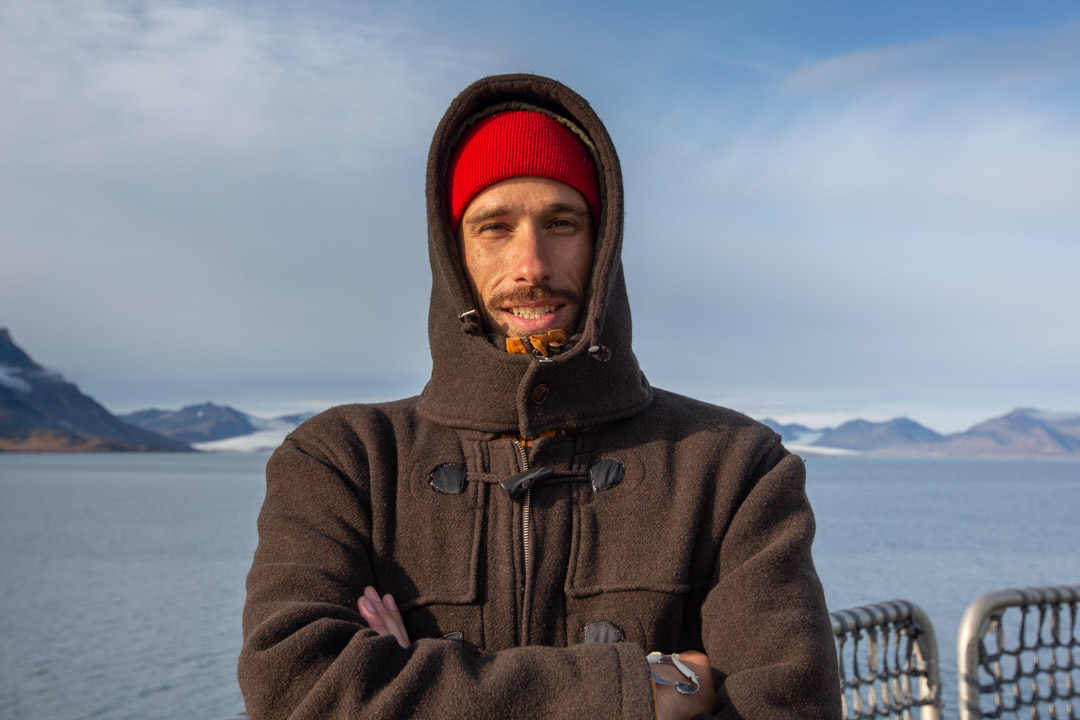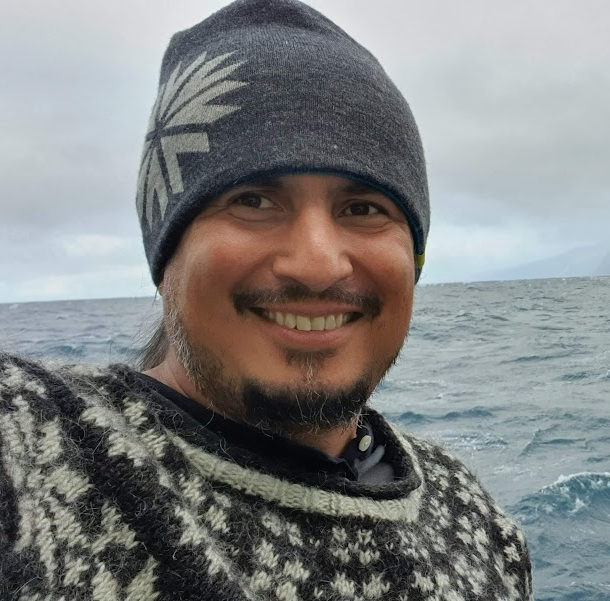Course on Oceanography
A course on Oceanography started last week at UW.
In this course, students will learn the basics of how the ocean works. Starting with the physical setting by looking at the formation of ocean basins and their main features. Then there’s the water, fresh and salty, its properties and how they structure the ocean environment. To understand how the water is moving in the ocean, we will dive into atmosphere and ocean dynamics: from air movement (aka wind) to surface ocean currents, subsurface dynamics, and deep circulation. We will also cover how waves and tides form and behave, and finally, we will discuss the role of the ocean in the climate system both on geological time scales, the more recent past, and in the current and future development.
This time we have two course instructors. Firstly, Dr. Angel Ruiz Angulo, who is a Physical Oceanographer with a strong interest in Geophysical Fluid Dynamics, currently working as an Associate Professor at the Institute of Earth Sciences, University of Iceland (Háskóli Íslands). His research focuses on oceanographic processes, including eddies, internal waves, turbulence, and tsunamis. He did his Undergraduate studies at the Universidad Nacional Autónoma de México, Masters and PhD in Fluid Mechanics at Caltech, followed by a Postdoctoral Research Fellow position in Physical Oceanography at LDEO of Columbia University.
 Secondly, Dr. Theodoros Karpouzoglou is joining us this year. He is a physical oceanographer working at the Marine and Freshwater Research Institute of Iceland since 2024. He is interested in analysing hydrographic observations to understand the large-scale variability of the hydrography and climate in the Arctic and subarctic regions. In 2023, he completed his Ph.D. on the freshwater transport from the East Greenland Current in the Fram Strait. Before that, in 2019, he completed a master’s degree in climate physics at the University of Utrecht, with a focus on modelling the ecosystem effects of large-scale floating photovoltaic installations. In 2017, he completed a bachelor’s in physics at the University of Athens, with a focus on the physical oceanography of the Mediterranean Sea, as well as on the circulation of Atlantic Waters in the Eurasian Basin, Arctic Ocean.
Secondly, Dr. Theodoros Karpouzoglou is joining us this year. He is a physical oceanographer working at the Marine and Freshwater Research Institute of Iceland since 2024. He is interested in analysing hydrographic observations to understand the large-scale variability of the hydrography and climate in the Arctic and subarctic regions. In 2023, he completed his Ph.D. on the freshwater transport from the East Greenland Current in the Fram Strait. Before that, in 2019, he completed a master’s degree in climate physics at the University of Utrecht, with a focus on modelling the ecosystem effects of large-scale floating photovoltaic installations. In 2017, he completed a bachelor’s in physics at the University of Athens, with a focus on the physical oceanography of the Mediterranean Sea, as well as on the circulation of Atlantic Waters in the Eurasian Basin, Arctic Ocean.
More information about the course can be found here.
All master's courses taught at UW are open to guest students, exchange students, and people from the world of work. The courses are part of our two international multidisciplinary master's programs, Coastal and Marine Management and Coastal Communities and Regional Development. The courses are modular, taught in English, hands-on and many of them include field trips and company visits. Check out the UW course catalogue to find out more.
